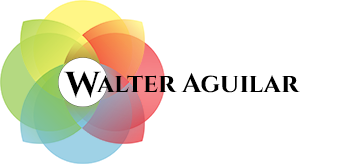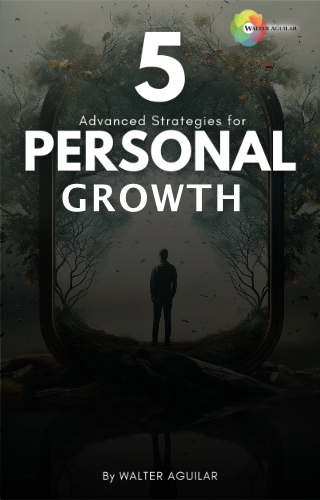It’s in the awareness that clarity can emerge. -Walter Aguilar
As an IPEC COR.E Leadership Dynamics specialist, I know firsthand the importance of self-awareness and seeking clarity in both personal and professional contexts. Self-awareness allows individuals to understand their strengths and weaknesses, as well as their personal values and beliefs. Seeking clarity through effective questioning, on the other hand, helps individuals to minimize assumptions and gain a deeper understanding of the world around them. In this blog, I’ll explore the importance of self awareness and effective questioning, and how these practices can help individuals become better leaders and more fulfilled individuals.
Self-awareness is the foundation of personal growth and development. By understanding ourselves, our values, and our beliefs, we can make informed decisions and take actions that align with our true selves. Self-awareness also allows us to recognize and manage our emotions, which is crucial for effective leadership. When we know what triggers us and how we respond to different situations, we can better control our emotional reactions and make decisions that are grounded in sound logic and intuition, rather than just emotion.
One effective way to develop self-awareness is through introspection/reflection. This involves taking time to reflect on our thoughts, feelings, and behaviors. It can be helpful to keep a journal and write down our thoughts and emotions, as well as any patterns or themes we notice. Another way to develop self-awareness is to seek feedback from others. This can be difficult, as it requires vulnerability and a willingness to hear constructive criticism. However, feedback from others can provide valuable insights into our blind spots and we may discover areas for improvement.
Once we have developed self-awareness, it’s important to use this knowledge to guide our actions and decision-making. For example, if we know that we tend to react emotionally in certain situations, we can take steps to manage our emotions and respond in a more thoughtful and measured way. If we know that we value honesty and transparency, we can ensure that our actions align with these values, even when it’s difficult or uncomfortable.
Effective questioning is another important tool for personal and professional growth. Asking questions can help us gain clarity and understanding, thus minimize assumptions. This is especially important in leadership roles, where assumptions and misunderstandings can have serious consequences. Effective questioning can help us uncover underlying motivations, identify areas of agreement and disagreement, as well as clarify expectations.
One effective technique for effective questioning is the Socratic method. This involves asking a series of questions that gradually lead the other person to a deeper understanding of a topic. The Socratic method can be helpful in situations where we want to challenge assumptions or encourage a more
curiosity based thinking. Another effective technique is active listening, which involves listening to the other person’s perspective and asking questions to clarify and deepen our understanding.
When asking questions, it’s important to approach the conversation with an open mind and a genuine desire to learn. We should avoid leading questions or questions that are intended to confirm our own biases. Instead, we should ask open-ended questions that encourage the other person to share their
perspective and insights. We should also be willing to ask follow-up questions to clarify any points of confusion or disagreement.
In the end, it’s self-awareness and effective questioning that are essential tools for personal and professional growth. Self-awareness allows us to understand ourselves and our emotions, which is crucial for effective leadership. Effective questioning allows us to gain clarity and minimizeassumptions, which is important for building strong relationships and making informed decisions. As an IPEC COR.E Leadership Dynamics specialist, I encourage individuals to develop these skills and use them to become better leaders and more fulfilled individuals. With self-awareness and effective questioning, we can navigate the complexities of the world around us and make more meaningful contributions to our communities and organizations.





